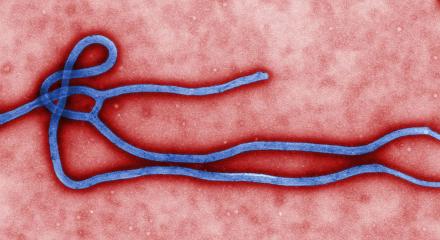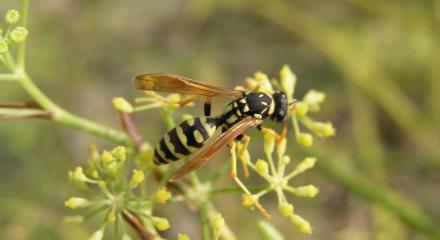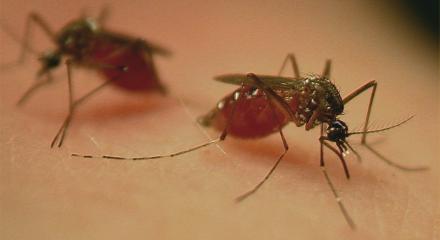Projects
Viruses with RNA genomes like dengue, Zika, polio and vesicular stomatitis virus have the potential to evolve rapidly, over similar timescales to transmission, due to the lack of a proof-reading polymerase. In addition to replication errors due to low fidelity, for some viruses, their intracellular replication strategy also increases mutation rates. There is therefore potential for selection to occur at both the within and between-cell levels.
Early mammalian development following fertilisation is an idiosyncratic process that is thought to depend on cell position and orientation. Stem cell systems are exquisitely controlled through feedback mechanisms. Elucidating answers to either of these problems involves the application of population biology ideas and mathematical models.
One of the oldest challenges in ecology is to understand the processes that underpin the composition of communities. Unravelling the complexities of the distribution, abundances and interactions between species requires novel approaches. Together with taxonomy, ecological experiments and observations, we develop mathematical and statistical approaches for integrating different facets (traits, phylogeny, systematics, dynamics) of species interactions and biodiversity.
This interdisciplinary project led by the Oxford Institute of Ageing will look at developing an enriched understanding of human demographic change, the challenges of small holding farms and pest management under environmental change. We aim to develop quantitative approaches that allow us to consider changes in environmental processes, agricultural economics and human demography in more joined-up ways.
Evolutionary ecology explicitly links ecological and life-history thinking. We are interested in developing mathematical models for addressing a wide range of problems in evolutionary ecology including the evolution of parental care, longevity and cooperation. Central to our research paradigm is distinguishing between the evolution and maintenance of life-history strategies.
Pest insects do enormous damage to human health (through transmission of diseases such as dengue fever and malaria) and to agriculture (through damage to crops or livestock). Our cross-disciplinary research programme explores ecological and genetic aspects of novel methods to control insect populations. We focus primarily on a transgenic variant of the Sterile Insect Technique, an area-wide method of biological pest control in which large numbers of sterile pest insects are released; these mate with wild insects, but no offspring result, so the population’s reproductive potential is reduced and numbers are suppressed.
Metapopulation theory and concepts are the central paradigm for understanding the spatial and temporal dynamics of species interactions. Our research explores these sorts of ecological dynamics using mathematical tools, species record databases and experimental approaches. We focus on understanding the effects of different forms of uncertainty on the distribution and abundance in single species, resource-consumer interactions and more complex species assemblages.
In the decades to come, advances in biotechnology could bring new risks to both humans and ecosystems. This research focuses on investigating and mitigating the worst possible of these risks, those that could threaten human civilization itself. This interdisciplinary initiative is a collaboration with the Future of Humanity Institute. It utilises a variety of tools ranging from dynamical systems and stochastic processes to case studies and public policy.
Bipolar disorder is a mental disorder characterized by manic episodes of elevated mood and overactivity, interspersed with periods of depression. Approximately 1% of adults in the general population have a lifetime prevalence of bipolar disorder. This is a chronic and lifelong condition often exacerbated by mood variation leading to further chronic impairment. Our research in this area uses mathematical tools to understand and characterize this mood variability










